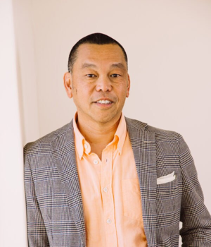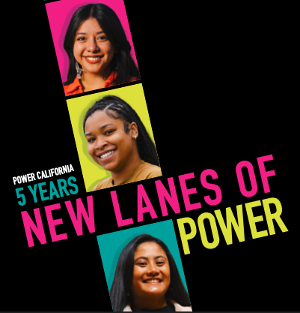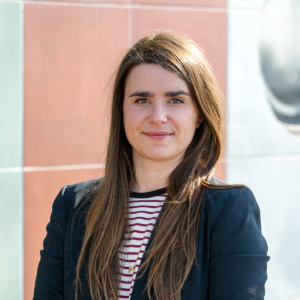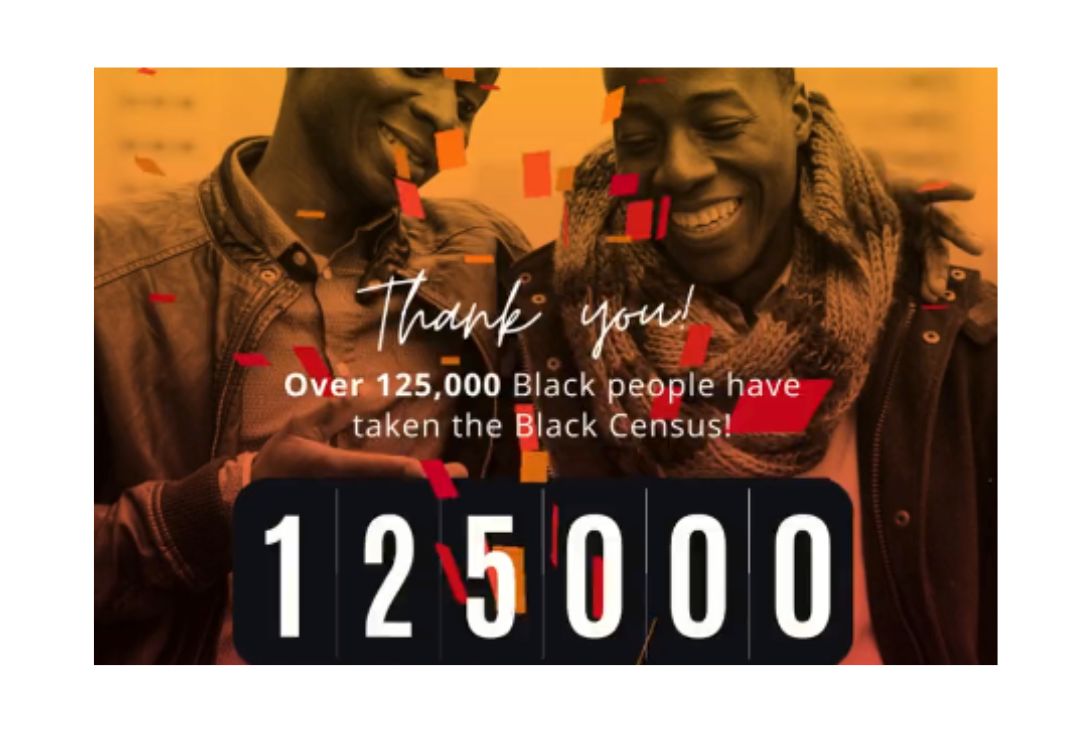Client News
The #BlackCensus is making history!🎉🖤✊🏿 Over 125K Black people have made their voices heard — don’t get left behind. Share your concerns, hopes, and dreams for the future, & help shape a Black agenda for us, by us. Visit https://t.co/KXdpIpE0Ul to take the Black Census today! pic.twitter.com/KXMyW2aAkQ
— Black Futures Lab (@blackfutureslab) August 23, 2023
In 2018, Black Futures Lab conducted the largest survey of Black people in the United States since Reconstruction, reaching 30,000+ from across the country. Now, the Black Census Project has made history again – ahead of the survey close in October, almost 130,000 Black people from all 50 states have made their voices heard through the project, sharing our concerns, hopes and dreams for the future, political beliefs, and aspirations. Officially the largest survey of Black people in the U.S. ever conducted, the Black Census Project will inform Black Futures Labs’ Black Agenda 2024, a policy roadmap that will inform legislators nationwide of the key priorities of Black communities and serve as a tool to activate and engage Black voters.
We are honored to support the essential work to build Black political power in cities and states across the country. It’s not too late to participate: Take the Black Census today and let your voice be heard. More on the Black Census Project at Afro News, San Diego Voice and Viewpoint, Minnesota Spokesman-Recorder, the Cincinnati Herald, and Yahoo! Finance.

In California, many Black women work more than one job, and ⅓ are the sole breadwinner in their household. Most are still recovering economically from the pandemic. These findings come from a new, first-of-its-kind survey from the California Black Women’s Collective Empowerment Institute. The survey included more than 1,200 Black women registered to vote across California and their views on the current economic and social climate, as well as their top policy priorities. Kellie Todd Griffin, President and CEO of the California Black Women’s Collective Empowerment Institute, summarized the findings, which have big implications for upcoming elections, as more than 80% of those polled voted in November 2020: “Black women in California are engaged and connected, and yet … they are struggling socially and economically while serving as the primary breadwinners of their households.”
Learn more about the groundbreaking study at KQED, CalMatters, Yahoo! News, ABC 10, CBS Bay Area, Orange County Register and the Southern California News Group, Sacramento Bee, Black Enterprise, California Black Media/LA Sentinel, Sacramento Observer, Long Beach Post, San Diego Voice and Viewpoint, and the Inland Valley News.

Ray Colmenar took the helm at Akonadi Foundation in late 2022 with a mandate to bring his experiences partnering closely with community organizers and advocates in California, and particularly leaders of color in the Bay Area, to the movement for racial justice in Oakland. Ray recently sat down with Inside Philanthropy to talk about his new role at Akonadi, his experiences working with communities in the Bay Area, co-governance, and the need for sustained support for racial justice work.

Five years ago, Power California emerged to assert that young voters of color are the future of our state, and their political power should no longer be dismissed and underestimated. Refusing to accept the harm of broken systems, they care deeply and step up to lead fights for their families and neighborhoods — and youth of color make up 75% of voters in California. Read more about the essential work that Power California has accomplished supporting the leadership of young voters of color, and our hope for the future of our state in their hands, in this beautiful 5th anniversary report.

“We need strong, statewide protections against predatory rent increases and eviction that we won’t get until Californians demand them.” Alicia Olivarez, Associate Director of Power California Action, shared her personal experiences with housing insecurity in a piece for the Los Angeles Times, calling on lawmakers to pass tenant protection and rent control, like State Bill 567. Introduced by State Sen. María Elena Durazo, the bill would provide protections for tenants by stopping landlords from finding loopholes around the very few existing tenant protection policies and strengthening enforcement. This is essential in Fresno, which faced the highest rent hike in the U.S. — 28% in 2021.
Longtime Oaklanders who love their city are facing a kind of existential dread: they understand that “tough-on-crime” policies are devastating to marginalized communities, but with rising crime rates across the Town, they also want to feel safe. Thanks as always to Justin Phillips for a nuanced account of the impossible position an increase in crime rates put Oaklanders in, and for portraying their strength and wisdom to call for more “services that keep people from committing crimes in the first place,” not more punishment. Read Justin’s column in the San Francisco Chronicle.
Still, far too many people place the blame on progressive leaders fighting for criminal justice system reform from within. Less than 18 months after the recall of Chesa Boudin in San Francisco, efforts to recall Pamela Price, Oakland’s newly elected District Attorney, are gaining momentum and taking advantage of high crime rates to stoke anxiety and fear in the community. Ludovic Blain, executive director of the California Donor Table, recently spoke with Politico, pointing out that “the recall in San Francisco did not result in a reduction of crime, so that seems to be a failed pathway forward…Instead of the focus being: ‘Why is [it] that after a reformer is recalled crime goes up?’ It’s: ‘Okay, she’s the next reformer, let’s go after her.’”
The dominant narrative around President Biden’s efforts to forgive student loan debt, and the Supreme Court rulings blocking those efforts, has evolved into college being so unaffordable that it is simply not worth it. Monica Martinez, program director for college success at the Evelyn and Walter Haas, Jr. Fund, counters this narrative, pointing out the value of a college education, particularly for students from under-resourced communities. We do have to continue to fight “relentlessly” to make college affordable, according to Monica, but we can’t lose sight of how important a college education can be. Read more at Edsource.org.
This week, Gameheads founder and executive director Damon Packwood, fourth year student (and film studies major at UC Berkeley) Camila Garcia Frausto, and Marketplace Morning Report’s David Brancaccio joined Alexis Madrigal on KQED Forum for a conversation about career, economics, and equity issues through the lens of video games. The full episode is available at KQED.org, and Marketplace’s recent series featuring Gameheads is available at marketplace.org.

